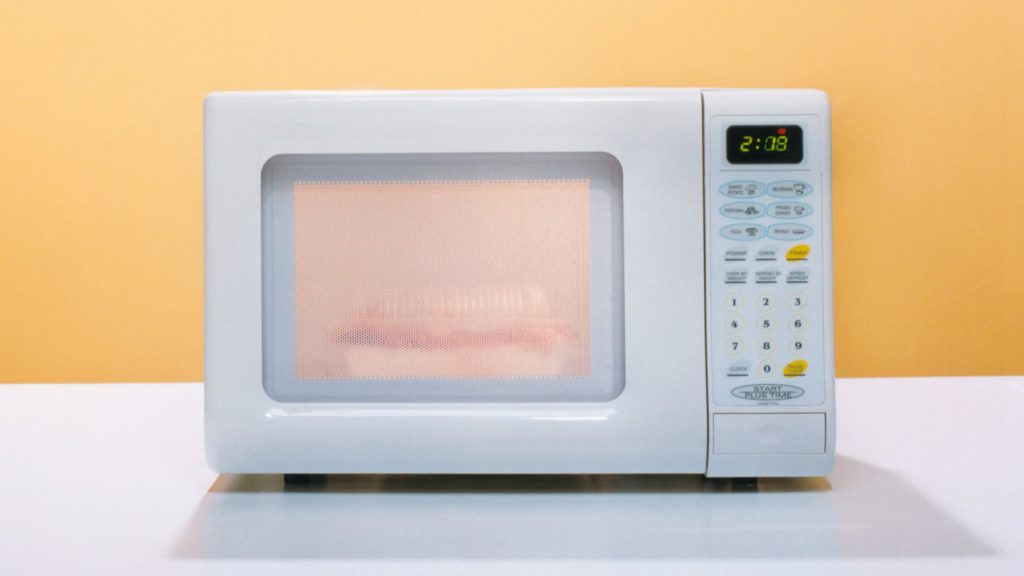Researchers have discovered that even microwave ovens can be home to various bacterial strains, with over 100 strains identified in swabs taken from microwave ovens in different settings. This is the first documented instance of microbial communities living inside microwave ovens. The swabs were taken from the insides of 30 microwave ovens that were actively used in kitchens, labs, and shared spaces such as cafeterias. DNA analysis of the bacterial colonies revealed the presence of Proteobacteria, Firmicutes, Actinobacteria, and Bacteroidetes, common strains found on human skin and frequently touched surfaces.
Some of the bacterial strains found in the microwave ovens are known to cause food-borne diseases, posing potential health risks. The researchers highlighted the need for further studies to understand how these bacteria can survive in the extreme conditions of a microwave oven, which can expose them to high temperatures and electromagnetic radiation. While the presence of pathogenic bacteria in kitchen microwave ovens underscores the importance of cleaning them regularly, the researchers emphasized that there is no need for excessive concern as they are similar to the bacteria found on other kitchen surfaces.
Manuel Porcar, a microbiologist from the University of Valencia in Spain and the lead researcher of the study, pointed out that the microorganisms found in microwave ovens are similar to those found on kitchen surfaces. He advised that cleaning the microwave should be treated with the same importance as cleaning other parts of the kitchen that come into contact with food. The presence of potentially harmful bacteria serves as a reminder of the importance of sanitation in food preparation areas. However, Porcar reassured that there is no need for heightened anxiety regarding microwave ovens specifically, as they are just another part of the kitchen that requires cleaning.
This study sheds light on the often overlooked presence of bacteria in microwave ovens, challenging the assumption that they are germ-free environments. The findings serve as a reminder of the importance of regular cleaning and hygiene practices in the kitchen to prevent the spread of harmful bacteria. While the study did not delve into the implications of these bacteria on human health, it underscores the need for further research to understand the survival mechanisms of these bacteria in microwave ovens. These findings also emphasize the need for public awareness regarding the importance of maintaining cleanliness in food preparation areas to prevent food-borne illnesses.
It is crucial for individuals to be informed about the potential risks associated with unclean kitchen appliances, including microwave ovens, and to take appropriate measures to ensure proper hygiene. The presence of pathogenic bacteria in microwave ovens raises concerns about food safety and highlights the importance of regular cleaning practices in the kitchen. As science continues to unravel the mysteries of microbial life in unexpected places, it is essential for the public to stay informed and vigilant about maintaining cleanliness in all aspects of food preparation to protect against potential health hazards.


